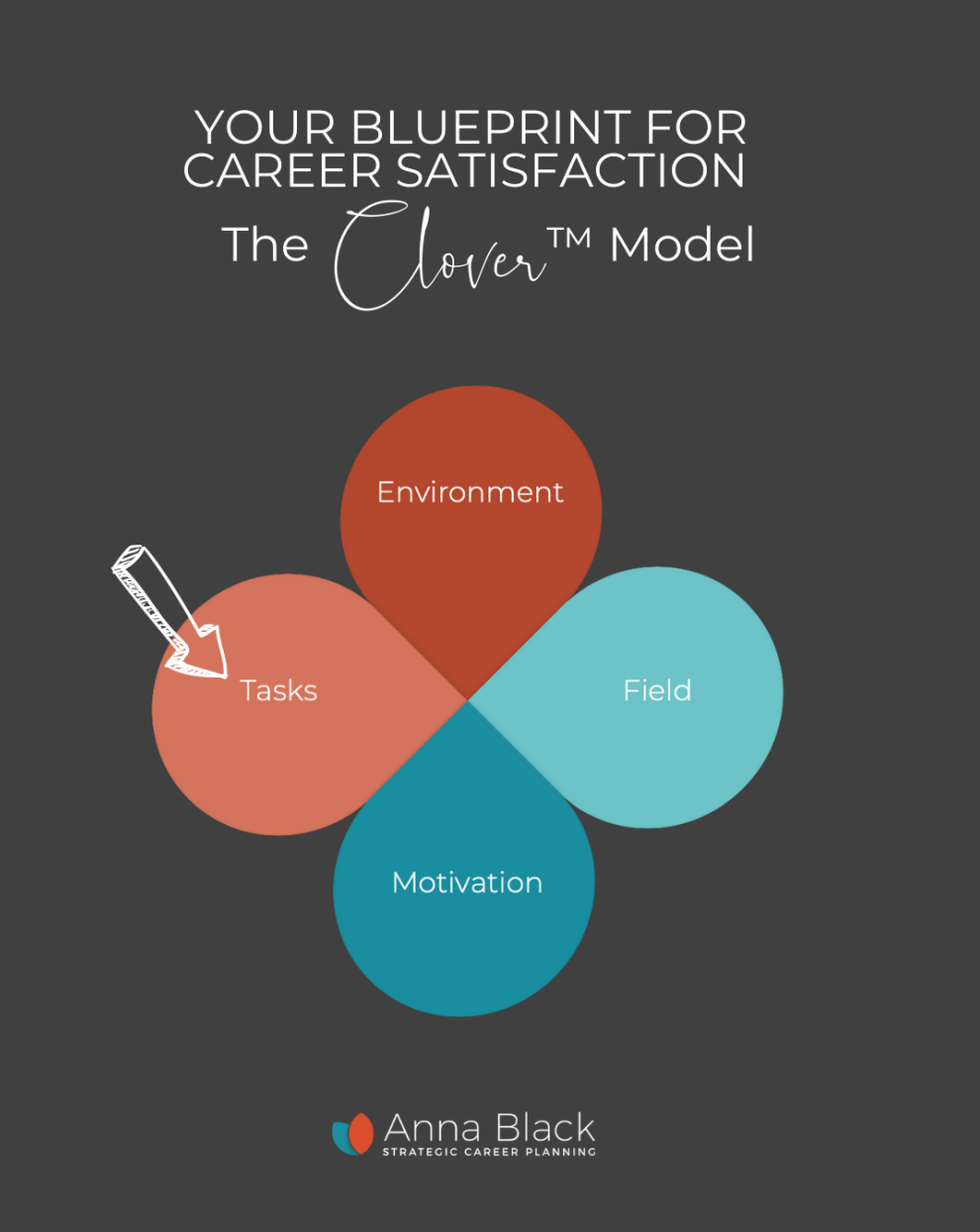How can I transfer my current skills into a new career path? An example for lawyers
If you’re a professional considering a career change, you’ve probably asked yourself:
“What skills do I have that will transfer into something new?”
It’s a good question. But here’s the trap many people fall into - they list everything they’re capable of without asking whether they actually enjoy using those skills.
And that distinction matters.
Because being good at something doesn’t mean you should keep doing it
Why transferable skills aren’t the full story
Traditional career advice often suggests starting by thinking about the skills and experience you already have. But this naturally focuses only on what you CAN do, not what you WANT to do.
This is a trap because it automatically limits your potential options based on your prior career choices. And this is exactly what you want to avoid if you’re feeling dissatisfied on your current path.
And it’s why so many people find themselves stuck in roles that look impressive on paper but feel empty in reality.
My approach is different. I ask my clients to start by reflecting on:
- What roles or projects have you enjoyed most in the past? What were you doing?
- Which skills energise you when you use them, and which ones drain you?
- If you could choose, what would you want to keep doing every day, and what would you love to leave behind?
Skills are a critical component of my Clover™ Model, they relate directly to the “Tasks” leaf of the Clover and aligning your work with them is a fundamental step to enjoying the work you do.

After recording a podcast with the Outlaws, Shayla and Kate, I had some deeper reflections on how to think about transferable skills for career satisfaction, so let me give an example to help you look at yours.
Example: transferable skills for lawyers
Let’s take lawyers as an example.
Lawyers develop an extraordinary range of skills beyond their legal expertise. Depending on their role, these could include:
Business development & client work
- Building relationships and managing expectations
- Winning new clients, drafting proposals, and negotiating terms
Project & team management
- Leading teams of junior lawyers
- Planning, resourcing, and ensuring projects run to budget
- Mentoring, coaching, and supporting team members’ development
Communication & influence
- Presenting to clients, executive teams or boards
- Networking and building professional connections
- Broader thought leadership online and at events
Research & analysis
- Investigating case law, regulations, and precedents
- Analysing, synthesising and interpreting information to provide expert advice
Writing
- Drafting policies, contracts and other legal documents
- Translating complex issues into clear language for different audiences
That’s a huge range of potential skills, and every single one of those could be transferred to other industries or roles.
But everyone’s different and not every lawyer enjoys doing the same things.
Some thrive on client interaction and business development. Some will love the deep research and analytical work. Others will enjoy leading and mentoring teams.
This is why reflecting on what you enjoy is so important. It’s the difference between carrying burnout skills into your next role (versus building a career that leverages your strengths and energises you.
What is a burnout skill?
Simply put, a burnout skill is something you’re good at but don’t enjoy. You can spot them by thinking about the tasks that sap your energy.
Most professionals accumulate them over the years. Maybe you’ve become brilliant at managing spreadsheets, facilitating workshops, or resolving conflicts. On paper, these are strengths. But if they drain you, they’ll inevitably become a source of dissatisfaction.
I see this all the time with my clients. They’ve progressed through their careers, developing the skills required to do the work asked of them. As they do the work, they get better at that skill, and the better they get, the more they are asked to do that work. If the skill is one that isn’t a fit, this can create a spiral into burnout.
This is why identifying burnout skills is an important step on the road to finding career satisfaction. It empowers you to break the pattern of taking on roles that you’re asked to do but are wrong for you. So often, identifying your ideal tasks is a missing piece of the puzzle in understanding why a career move hasn’t worked out in the past and how to guarantee you always choose roles that fit in the future.
How to identify your transferable skills (and which you should prioritise)
Here’s a simple exercise you can try:
- Look back at your past roles – Write down what you enjoyed doing most and least in each one.
- Spot repeating themes – Notice which tasks show up in the roles you enjoyed.
- Identify your burnout skills – What are you good at, but find exhausting?
- Choose your future – Ask yourself: if I could design my next role, which 2-3 of these skills would I want to use every day?
How this impacts a career change
When you focus only on what you’re good at, you risk repeating the cycle - new job, same dissatisfaction.
But when you get clear on the tasks you enjoy, you start to build a blueprint for your career satisfaction, which you can use for the rest of your working life!
This is what I do with my clients in my Define Your Future™ program, where we uncover your personal roadmap for a fulfilling career and create a plan to align your future path with it.
Because when you take the skills you enjoy using, apply them to the field that fires you up, and align your environment and core motivation, that’s when you find yourself in a career you won’t want to retire from!
________________________________________________________________________
Anna is a Career Counsellor, Program Creator and ex-Geophysicist.
She spent 14 years in the corporate mining world before doing a U-turn towards the work she finds most meaningful. After completing a Master of Career Development, earning her stripes in the university and corporate environments, Anna built her private practice. She’s a professional member of the Career Development Association of Australia and won the WA Excellence in Practice award for her Define Your Future™️ program.
Now Anna guides other mid-career professionals through the process of self-discovery to find a career which lights them up.
Anna Black











